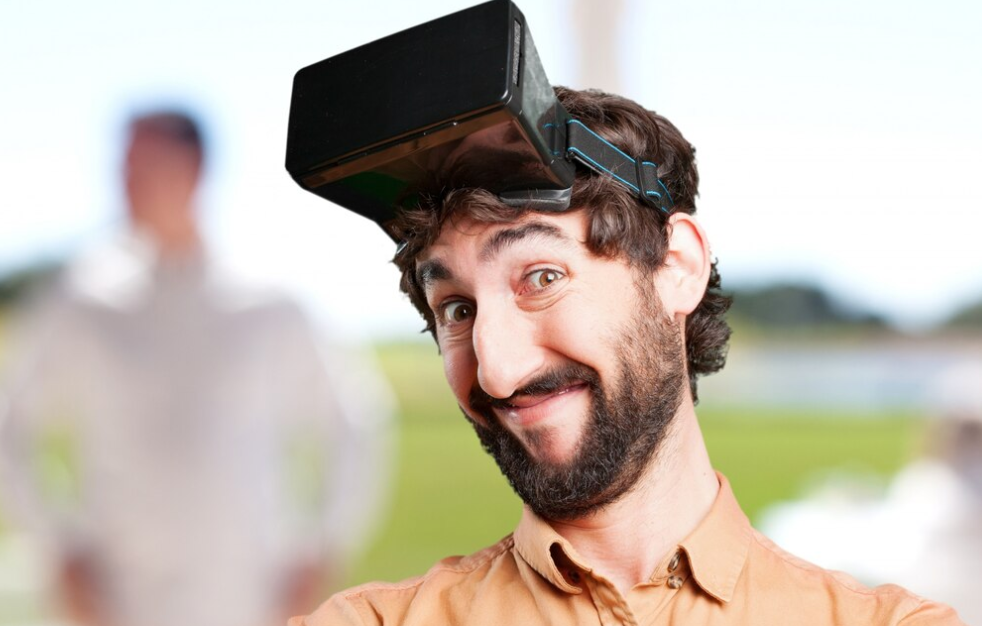For centuries, humanity has sought to understand the fundamental nature of the universe. From Newton’s laws to quantum mechanics, each breakthrough has brought us closer to answering the ultimate question: What is reality made of? But a bold new idea has emerged from the crossroads of physics, information theory, and computer science — what if the universe itself is a giant computation?
Welcome to the realm of Digital Physics, where reality isn’t built from matter or energy, but from bits of information.
What Is Digital Physics?
Digital physics is a theoretical framework that suggests the universe operates like a computational system. In other words, reality may be discrete, like pixels on a screen or 1s and 0s in a computer, rather than continuous and analog.
This idea proposes that:
- Space and time are quantized — not infinitely divisible, but made up of the smallest possible units.
- The laws of physics may emerge from computational rules.
- The universe’s evolution is akin to the running of a cosmic algorithm.
While this may sound like science fiction, it’s rooted in serious scientific thought and has been explored by physicists like Edward Fredkin, Stephen Wolfram, and Seth Lloyd.
The Universe as a Computer
Imagine the universe as a massive processing system, with particles and forces acting as data points, and physical laws acting as the code that governs their interactions. Under this lens:
- Every interaction is a calculation.
- Every particle is a bit of data.
- The passage of time is the result of the universe updating its state, tick by tick.
Physicist Seth Lloyd has even proposed that the universe is a quantum computer, constantly computing its own behavior and future.
Clues from Modern Physics
Several discoveries and theories align intriguingly with digital physics:
- The Planck length and Planck time suggest a minimum unit of space and time, like pixels and frames.
- The holographic principle implies that all the information in a volume of space can be described by information on its boundary — just like a digital image.
- Quantum information theory treats the universe as fundamentally informational, where entanglement and quantum bits (qubits) drive physical reality.
These clues don’t prove the universe is a computer, but they suggest it might be indistinguishable from one.
Simulation vs. Computation
It’s important to distinguish digital physics from the popular simulation theory, which suggests we’re living in a computer simulation created by a higher intelligence. Digital physics doesn’t assume a programmer or external computer. Instead, it suggests the universe is the computer — not running on something else, but being fundamentally computational in structure.
Philosophical Implications
If the universe is a computation, this redefines some of our most basic assumptions:
- Reality is not continuous, but digital.
- Consciousness might be an emergent property of complex information processing.
- Free will could be constrained by deterministic or probabilistic algorithms.
- Existence becomes a question of information patterns, not material substance.
This also revives age-old philosophical questions: If the universe is code, who wrote it? And why?
Critics and Skeptics
Digital physics is still a speculative framework, and not all physicists agree. Critics argue:
- There’s no experimental evidence yet to confirm the universe is digital.
- Treating the universe as a computer may be anthropocentric — projecting our own technology onto nature.
- Physical analog systems can often simulate digital systems just as well, so computation may be a metaphor, not a mechanism.
Still, the theory continues to attract interest because it bridges physics with computer science, and might offer a new way to unify quantum mechanics and general relativity.
Final Thoughts
Whether the universe is a vast machine, a digital code, or something even stranger, one thing is clear: information is becoming central to our understanding of reality. Digital physics invites us to reimagine the cosmos not as a void filled with particles, but as a giant, evolving, self-processing system.


